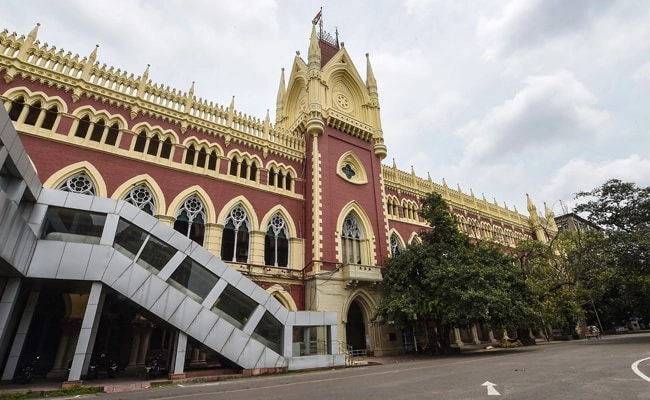The Calcutta High Court has recently emphasized the importance of maintaining robust checks and balances within the electoral process managed by the Election Commission. This assertion underlines the judiciary’s recognition of the critical role that the Election Commission plays in upholding the integrity and transparency of elections in India. By ensuring that the electoral process is conducted in a fair manner, the Election Commission not only facilitates democratic participation but also reinforces public trust in the electoral system. The court’s remarks suggest that any lapses in the electoral process could undermine the very foundation of democracy, necessitating a vigilant approach to electoral governance.
The High Court’s observations highlight the need for the Election Commission to implement stringent measures that promote accountability and transparency. This includes rigorous scrutiny of electoral procedures, effective monitoring of campaign financing, and the establishment of clear protocols for addressing grievances. Such measures are essential to prevent malpractices and ensure that all candidates operate on a level playing field. The court’s stance serves as a reminder that the integrity of elections is paramount, and it is the responsibility of the Election Commission to create an environment where free and fair elections can thrive.
Moreover, the court’s emphasis on checks and balances reflects a broader commitment to upholding democratic principles. It is crucial for the Election Commission to not only enforce regulations but also to adapt to evolving challenges in the electoral landscape, such as the increasing influence of social media and misinformation. By instituting comprehensive guidelines and enhancing its oversight capabilities, the Election Commission can better safeguard the electoral process against potential threats. The High Court’s intervention is a clarion call for the Election Commission to take proactive steps in reinforcing the democratic framework, ensuring that the will of the people is accurately represented in the electoral outcomes.
In conclusion, the Calcutta High Court’s assertion regarding sufficient checks and balances within the Election Commission’s processes serves as a pivotal reminder of the judiciary’s role in safeguarding democracy. It underscores the necessity for the Election Commission to prioritize transparency, accountability, and integrity in all electoral matters. By adhering to these principles, the Election Commission can not only enhance public confidence in the electoral process but also fortify the foundations of democracy itself. The interplay between the judiciary and the Election Commission is crucial for fostering an electoral environment that is resilient against manipulation and reflective of the true will of the electorate.




